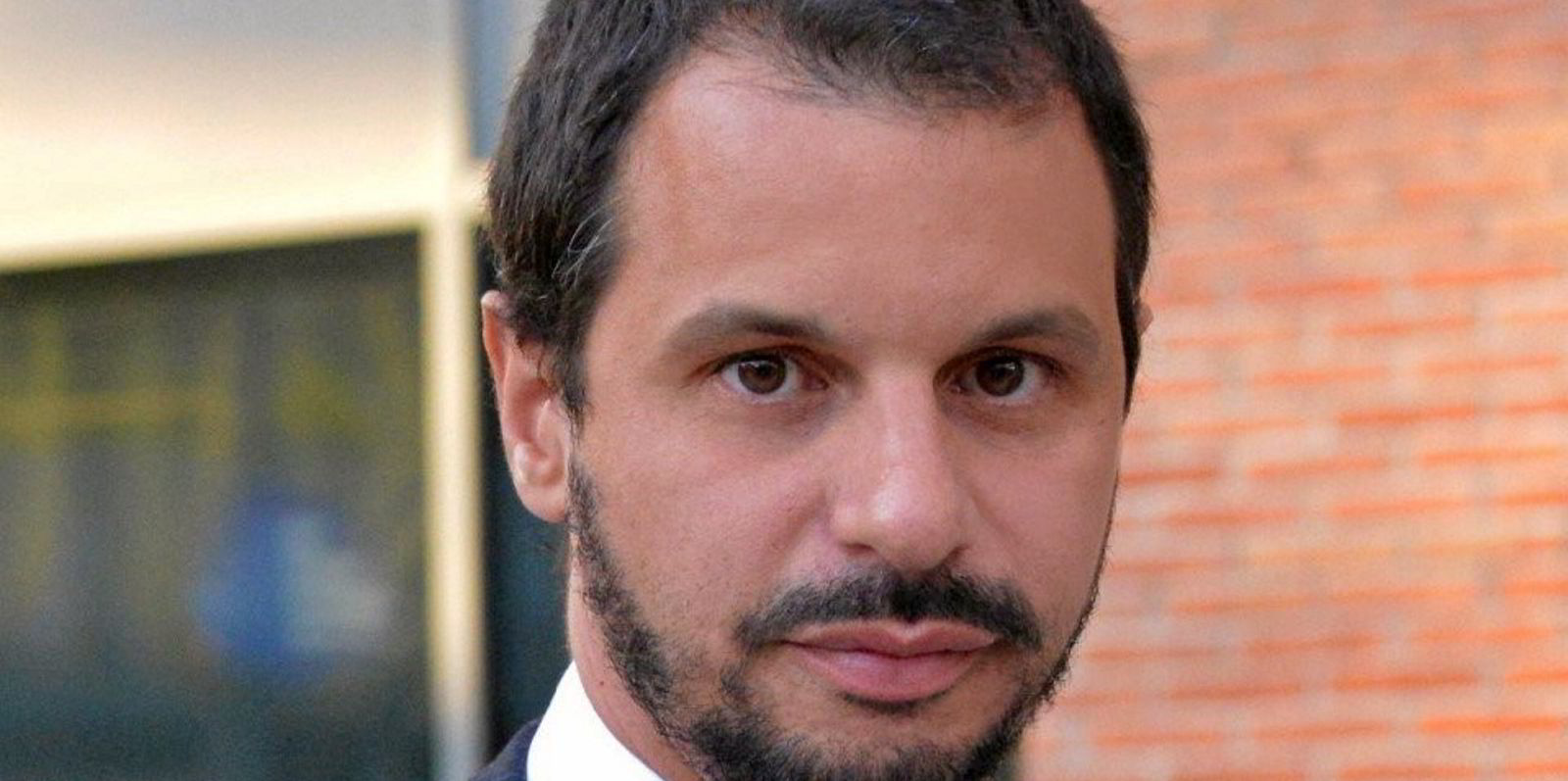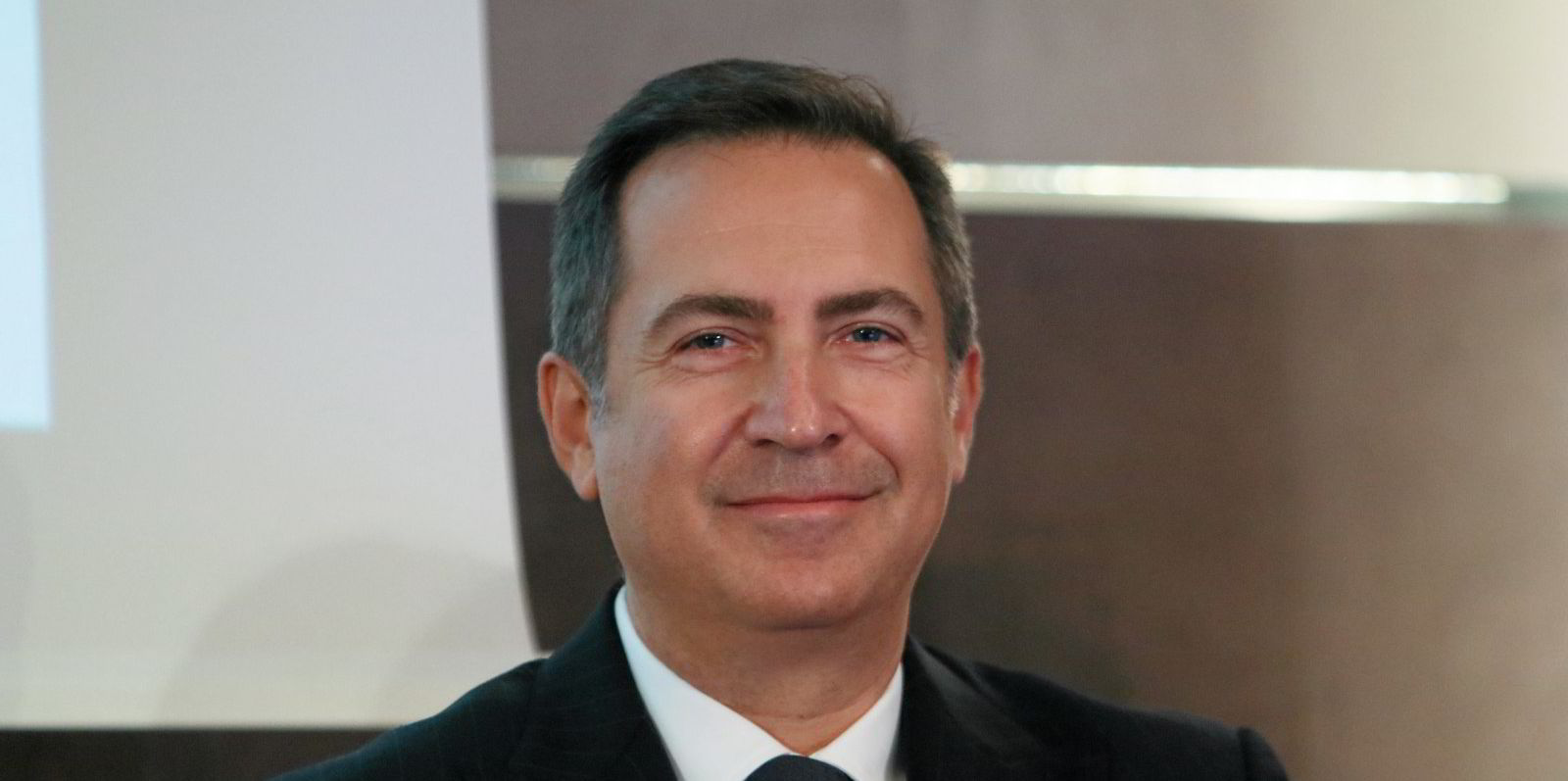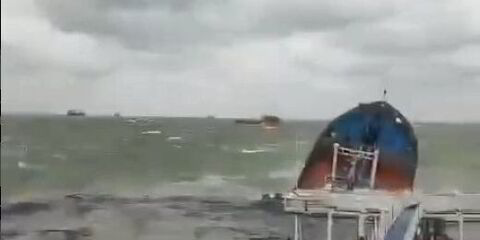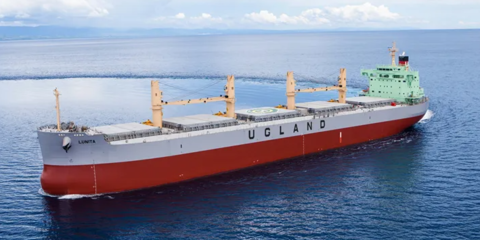The most common complaint about bankers is that they are lending umbrellas while the sun is shining and pull them back when it starts to rain.
However, Aegean Baltic Bank (ABBank) — a niche shipping lender that celebrates its 20th anniversary next year — says it is as counter-intuitive in its financing as its Greek clients are in investing.
“Counter-cyclical finance is what we do,” said Anastasios Afthonidis, vice president of strategy, in an interview at the company’s head office in Athens.
This is not just a slogan. Earlier this year, the bank helped fund several tanker acquisitions by owners that bet on recovering freight rates in the ailing sector.
Such deals accounted for most of the $350m in new shipping loan production that ABBank generated in 2021.
That was part of a general push that helped the bank double its credit portfolio over the past couple of years to €510m ($578m) in gross loans at the end of the third quarter.
This is remarkable for a lender that had shrunk its portfolio during the Greek debt crisis, when all of the country’s banks lost a large chunk of their deposits.
Now the time has come to build it back again, after Greece’s financial situation normalised and with booming dry bulk and containership markets filling customers’ coffers.
ABBank’s deposits surged by 57% between January and September to €700m, while net profit more than doubled year on year to €4.7m.
“We felt confident we can resume credit expansion again,” Afthonidis said.
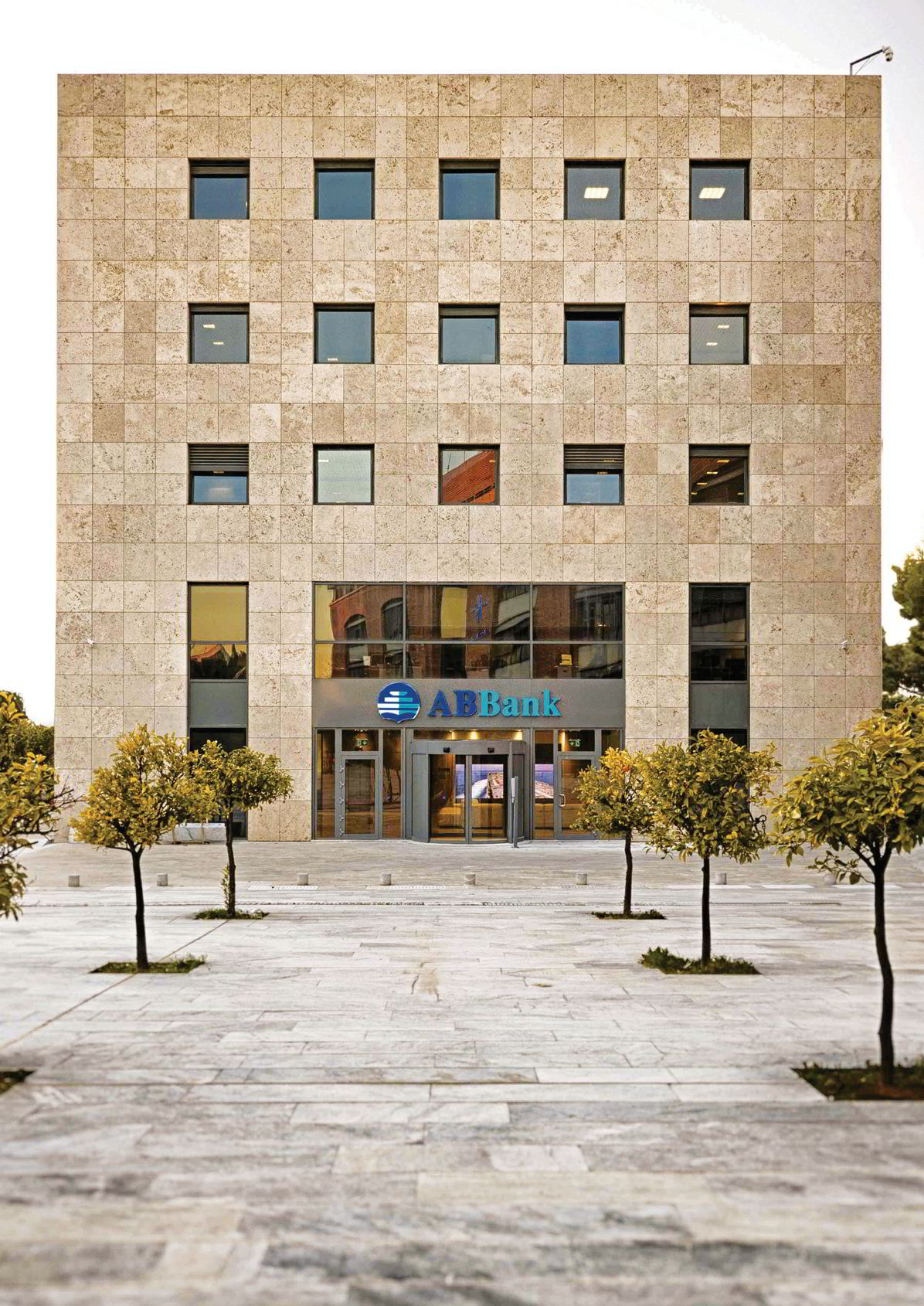
The local ship finance scene continues to be dominated by Greece’s four large, so-called systemic lenders — National Bank of Greece, Eurobank, Alpha Bank and Piraeus Bank.
Room for everyone
ABBank, however, does not regard them as competitors.
“The market is very big, especially after European banks left,” said Afthonidis, whose father, long-term shipping financier Theodore, set up ABBank in 2002 in cooperation with HSH Nordbank and remains chief executive.
The market is very big, especially after European banks left
Anastasios Afthonidis
ABBank developed a speciality in syndicated loans before that market collapsed in the global financial crisis. Since its inception, it has arranged $7bn in shipping loans, about $2bn of which it has provided itself.
“The syndication market is slowly opening again,” said Afthonidis, adding that ABBank is in talks with several lenders interested in pooling their resources on “club-type deals”.

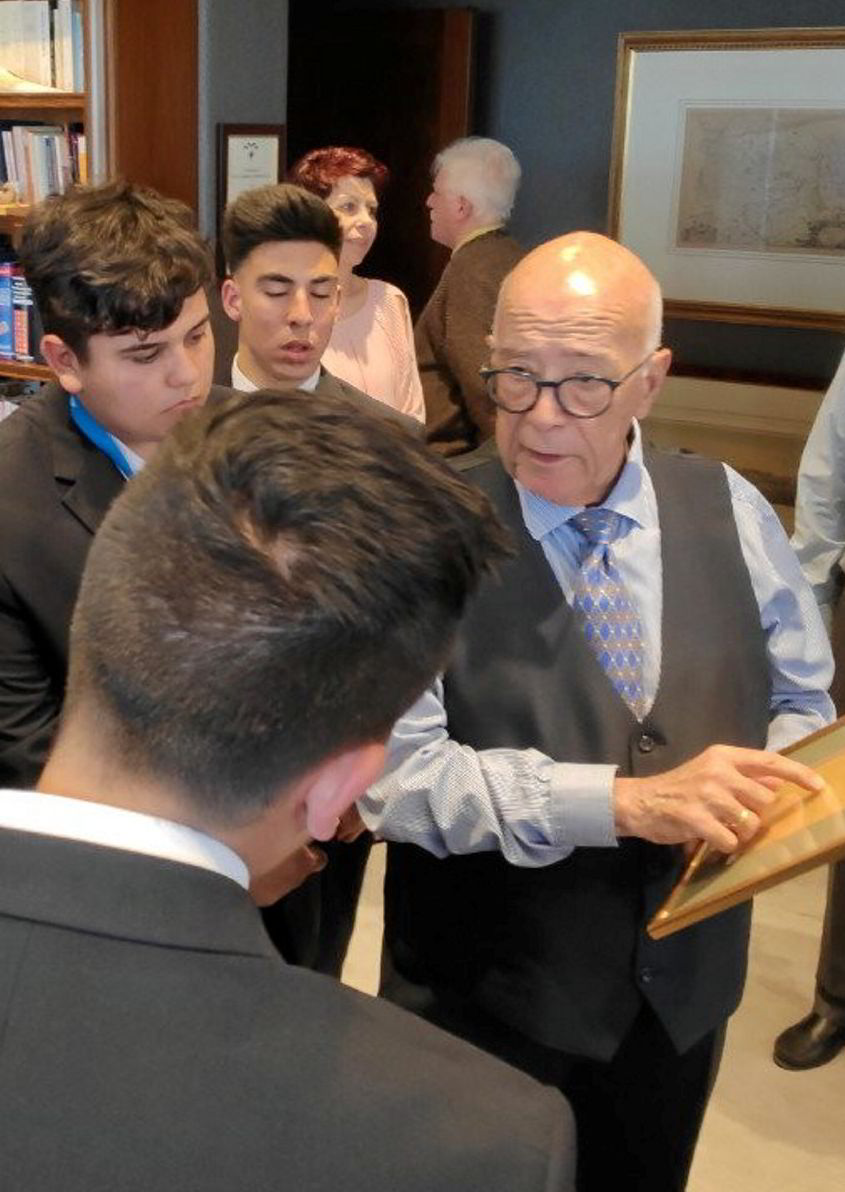
Ship financing is generally regarded as riskier than other types of lending. In debt-laden Greece, however, the exact opposite is the case.
In contrast to bailed-out Greek peers, ABBank did not have to undergo any of the painful financial restructuring other lenders were subjected to.
In 2017, it also became the first Greek bank to leave Emergency Liquidity Assistance, a relatively expensive funding scheme provided to banks by the European Central Bank.
This is reflected in the health of its portfolio.
Its non-performing loans (NPLs) accounted for just 3.7% of its total credit portfolio at the end of the third quarter, compared with an eye-popping 30% for Greek banking as a whole.
ABBank expects its NPL ratio to drop even further by the end of this year to just below 2%.
‘Why not?’
The Afthonidis family also considers that the economy has improved sufficiently for ABBank to revive old plans of diversifying its portfolio a little outside the shipping sector.
From 2018, it has been investing in areas such as real estate and renewable energies. Such loans now account for about one-tenth of its total credit portfolio and the plan is to increase this share further, maybe even to one-fifth next year.
Even though it will maintain its shipping focus and its character as a non-retail, relationship lender, ABBank does not want to be a one-product bank any more.
“We won’t forget our shipping roots. We’re just expanding our cross-selling to existing clients,” Afthonidis said. “There are other financing opportunities elsewhere, so why not?”
Greek owners make up about 90% of ABBank’s client base. Two domestic shipowning clans, the Coustas and Tsakos families, even own 48% of the bank through a 50:50 joint venture called Costanos.
The Afthonidis family holds a 42% stake in the bank.
The balance is held by investment funds Serengeti, Orasis Capital and Chenavari, as well as by some of the ship finance veterans that form part of ABBank’s workforce of about 100.(Copyright)
